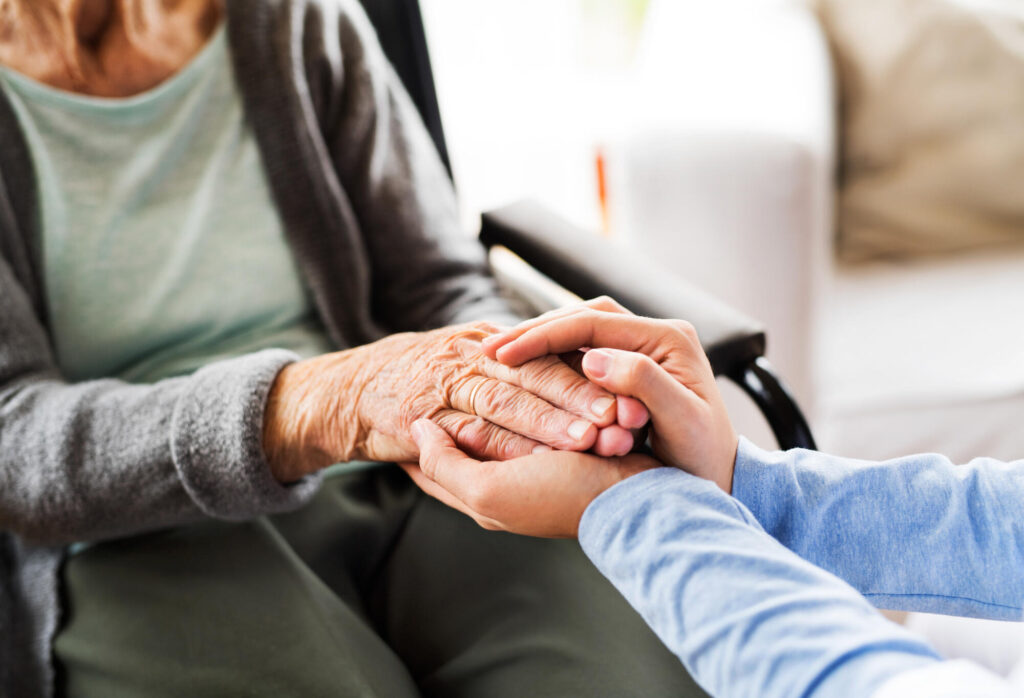Mental health is just as important as physical health, especially for older adults. In care settings, seniors often face loneliness, stress, or memory loss. These challenges can affect their well-being.
Building mental health awareness for seniors helps staff and families notice early signs. With care and support, seniors can feel safe and valued. Awareness brings hope, comfort, and a better quality of life to older adults in care.
Understanding Mental Health in Seniors
Mental health affects how seniors think, feel, and connect with others. When it declines, their quality of life can drop quickly. Caregivers should watch for signs such as sadness, anxiety, or withdrawal.
Changes in health, loss of friends, or moving into senior care settings can trigger these issues. Awareness helps staff and families respond with compassion. Early care can prevent bigger struggles later.
Common Mental Health Challenges
Seniors may face depression, anxiety, or memory loss. These mental health challenges in older adults often appear slowly and are easy to overlook. Caregivers should stay alert and respond with patience.
Chronic illnesses and medication side effects can exacerbate these problems. Social isolation also adds to the risk. Open talks about feelings can help break down barriers.
The Impact of Stigma
Many seniors avoid asking for help because of shame. The issue of mental health stigma in seniors keeps them silent. Breaking this stigma is key to better care.
Education helps seniors and families see that mental health is part of overall health. Care staff can use simple steps to build trust. Small acts of kindness can reduce fear and encourage honesty.
The Role of Caregivers
Caregivers play a big role in elderly mental health support. They are often the first to notice changes in mood or behavior. With training, they can provide both comfort and guidance.
Good communication makes a big difference. Listening without judgment helps seniors open up. Caregivers can also connect seniors to professional care when needed.
Promoting Emotional Well-Being
Simple activities can boost emotional well-being for seniors. Group events, hobbies, and regular visits from family can improve mood. A warm and supportive environment makes seniors feel valued.
Daily routines that include exercise, healthy meals, and rest also help. Staff can encourage mindfulness or relaxation practices. These steps can bring comfort and stability.
Building Strong Support Systems
Family and community are key in promoting mental wellness in seniors. Regular family visits and social events build a sense of belonging. This support helps seniors feel less alone.
Support groups also give seniors a safe space to share. Care homes can work with local groups to expand resources. Strong support systems make seniors feel cared for and understood.
Creating Lasting Change with Mental Health Awareness for Seniors
Mental health awareness for seniors helps improve their daily lives. It allows caregivers and families to notice problems early. Seniors feel more valued when their emotional needs are understood. Care settings can create safe spaces for open talks and support.
Small steps like activities, visits, and kind words can make a big difference. Reducing stigma brings more trust and hope. With care and awareness, seniors can enjoy peace, dignity, and joy as they age.
Did you find this article helpful? Check out the rest of our site for more great content!






